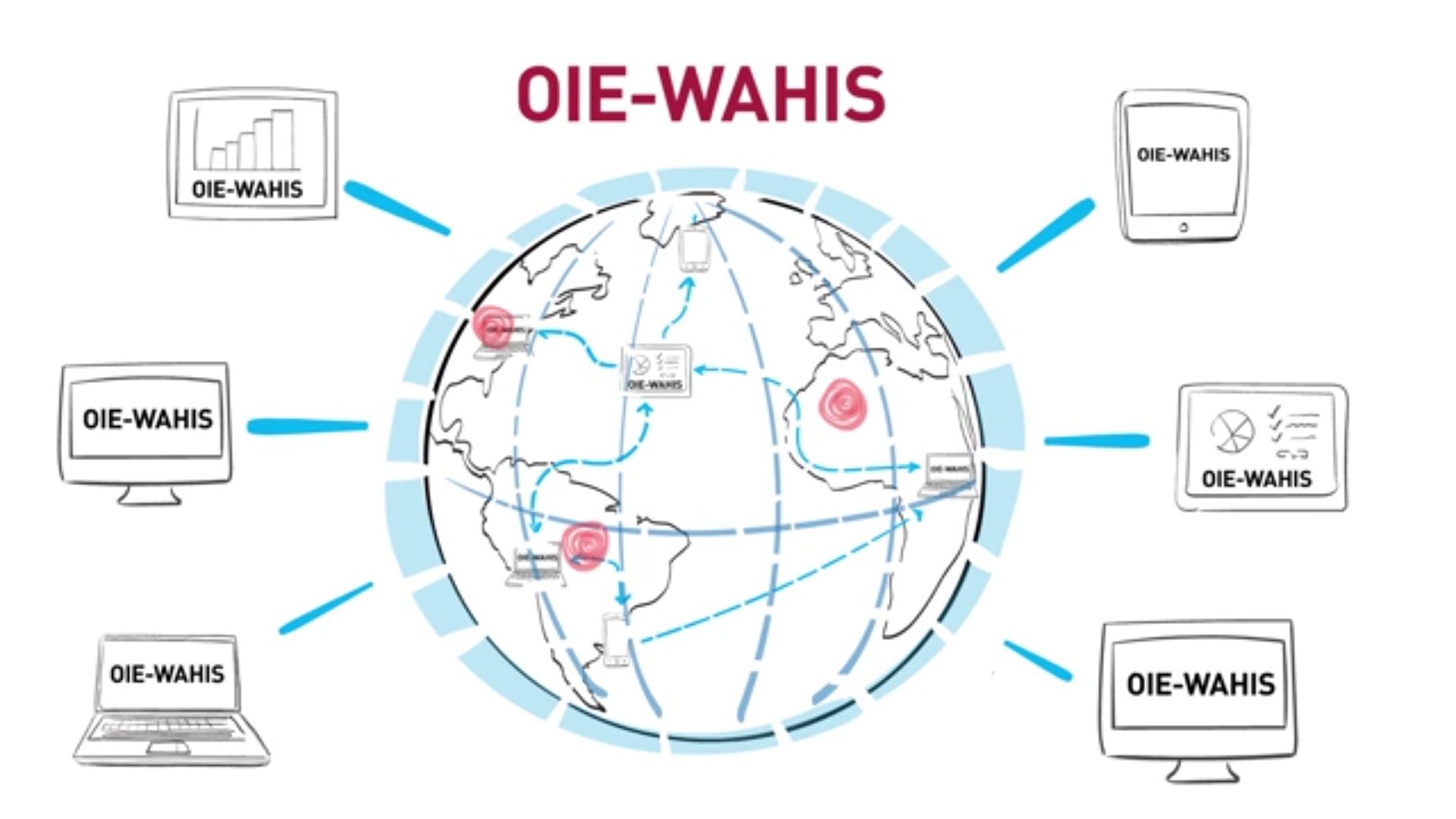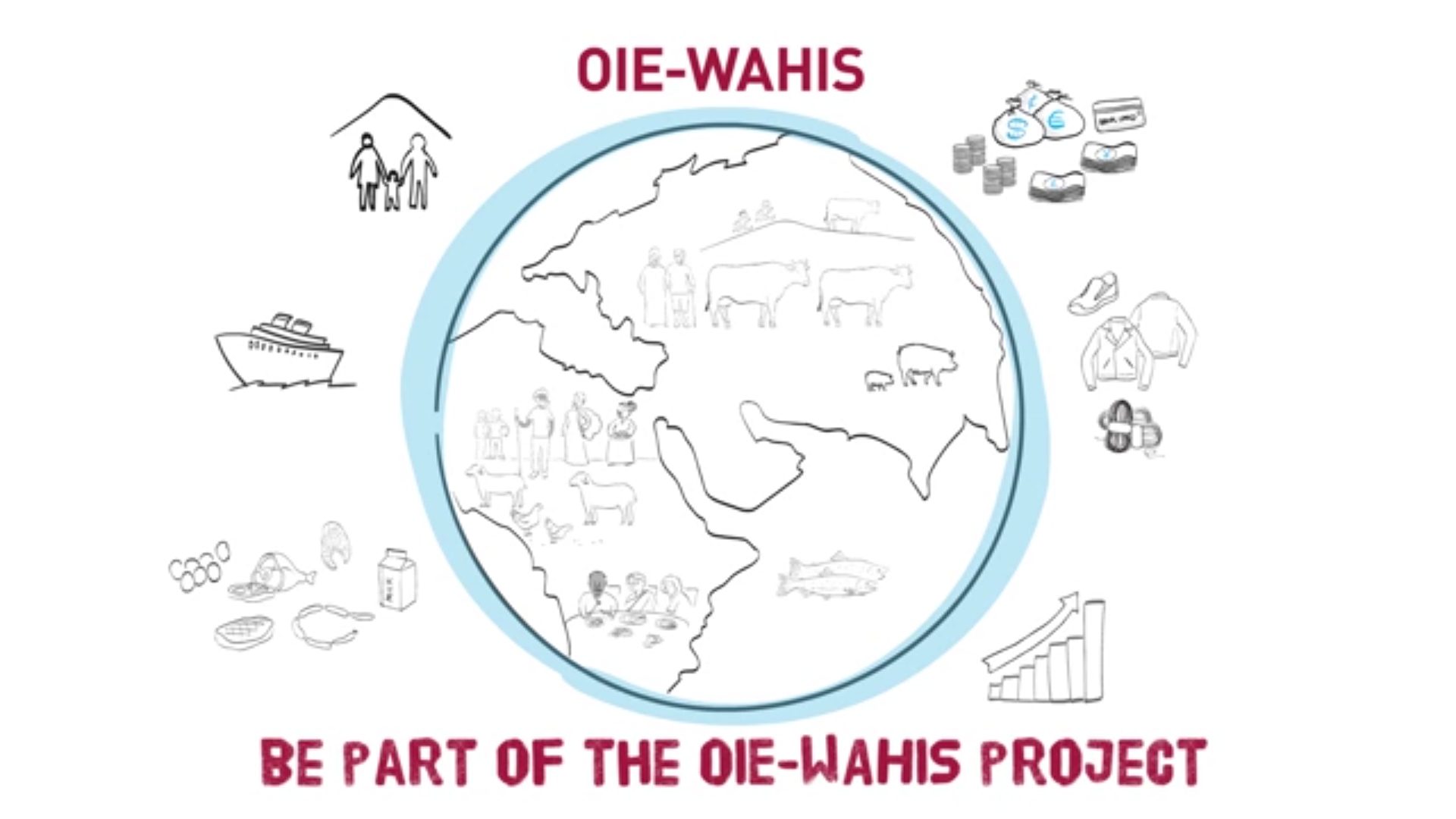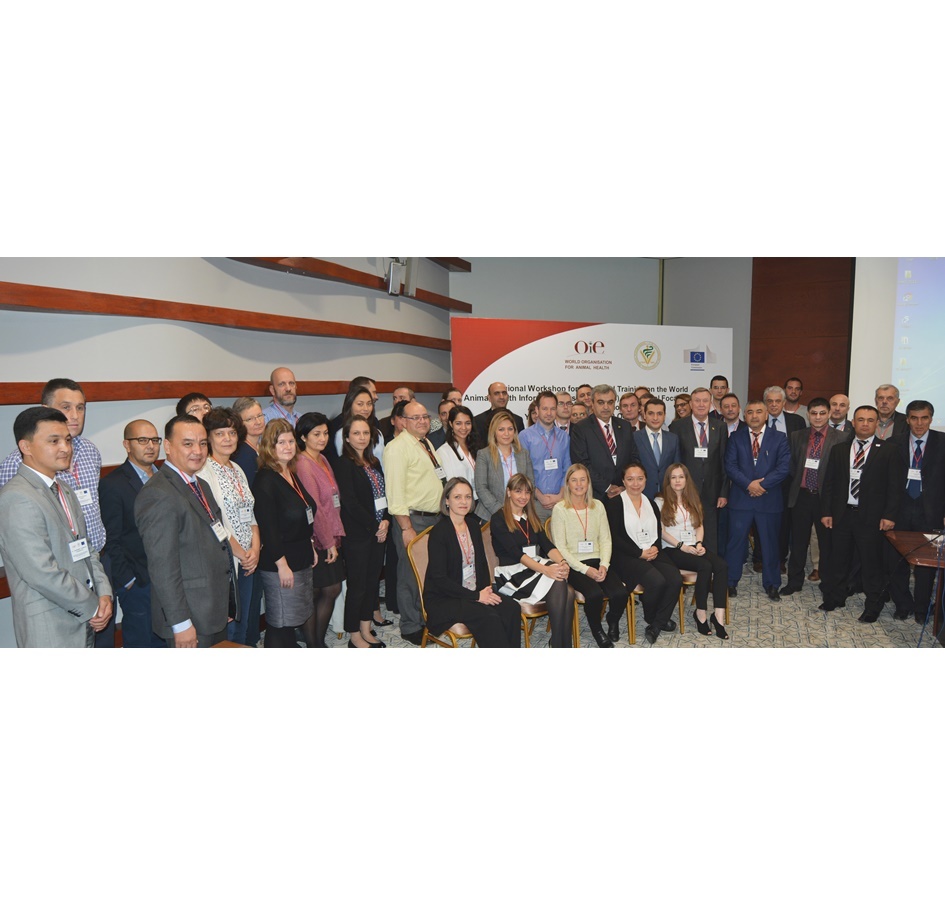The Regional training workshop on the new World Animal Health Information System (WAHIS) and the European Animal Disease Information System (ADIS) for National Focal Points for Animal Disease Notification to the WOAH in Europe was held in Paris, France, at the WOAH Headquarters.
Find more details on this event here.
Third cycle of regional seminars for the training of National Focal Points on Animal Disease Notification to the OIE
1016049726
Second cycle of regional seminars for the training of National Focal Points on Animal Disease Notification to the OIE
467770150
A regional seminar for National Focal Points on Animal Disease Notification to the OIE, co-sponsored and organised by the OIE and the Federal Service for Veterinary and Phytosanitary Surveillance of the Russian Ministry of Agriculture, was hosted by the Federal Centre for the Protection of Animal Health (ARRIAH) in Vladimir, Russia, from 15 to 17 June 2011. This workshop was a follow-up training session for Focal Points who had already received basic training on the World Animal Health Information System (WAHIS). Previous regional workshops for National Focal Points for Animal Disease Notification were held in Georgia in 2005 and France in 2008.
The purposes of this first seminar were:
A total of 23 participants attended the workshop, from 26 invited countries. Of these, 13 had already attended a previous workshop and were eager to improve their skills and to answer some of the questions they had accumulated during their use of WAHIS. Ten participants were beginners because their countries had just nominated or changed their Focal Point for Disease Notification or had sent the alternate Focal Point.
The workshop examined the series of steps necessary to collect and process high-quality data for WAHIS (through immediate notification/follow-up reports, six-monthly and annual reports) and explored the main OIE definitions associated with disease notification, so that data collection can be better harmonised among countries. The importance of timely notification was highlighted, as well as effective communication and collaboration at national levels between all stakeholders of the animal health information network.
The OIE facilitators received considerable feedback on the practical aspects of the WAHIS/WAHID interfaces and the overall OIE notification system. The participants expressed the need to develop WAHIS further, especially in the area of preparing reports, to make it more user-friendly and stable. Participants were given tips on saving their processed pages frequently and logging out as soon they had finished working on WAHIS, to avoid connection problems. Users were also advised where they could find interactive help in WAHIS, as well as the ‘user’s manual’ and the ‘frequently asked questions’ section.
The participants also asked for Russian translations of the basic training documents, exercises and WAHIS guidelines. While Russian is not an official OIE language, the OIE made a commitment to improve this aspect.
Both during the workshop and at the closing session, the participants made very positive comments on the content, format and organisation of the workshop. They believed this training would be valuable in their work and in further communication with the OIE Animal Health Information Department.




